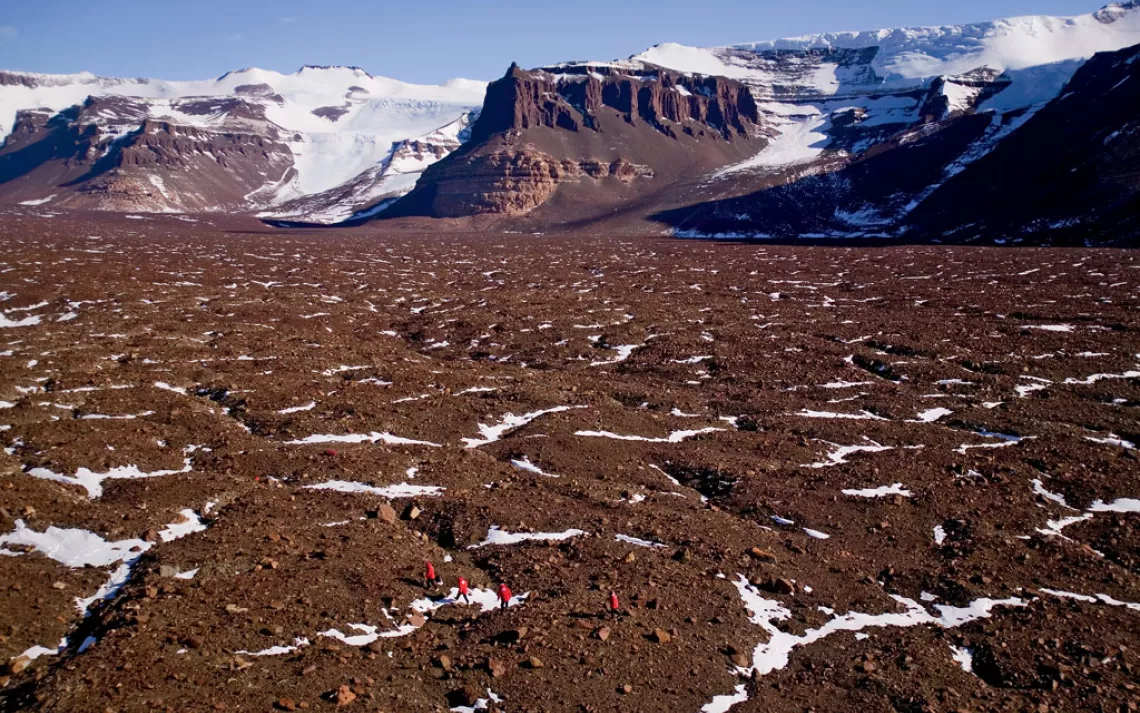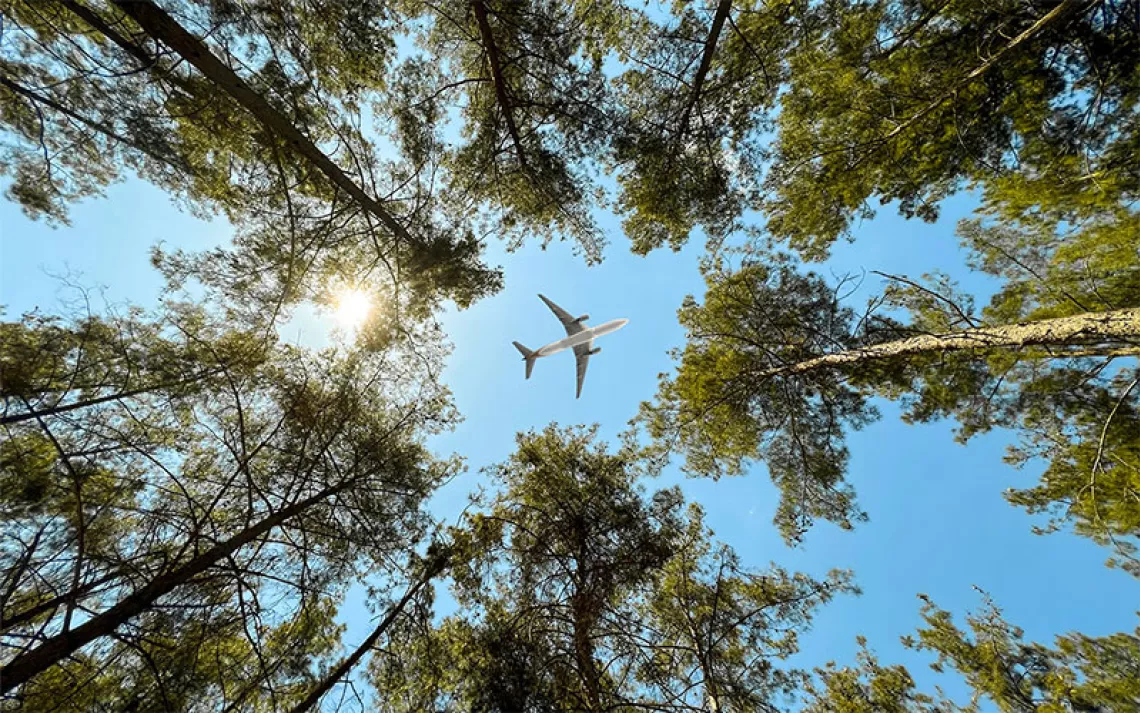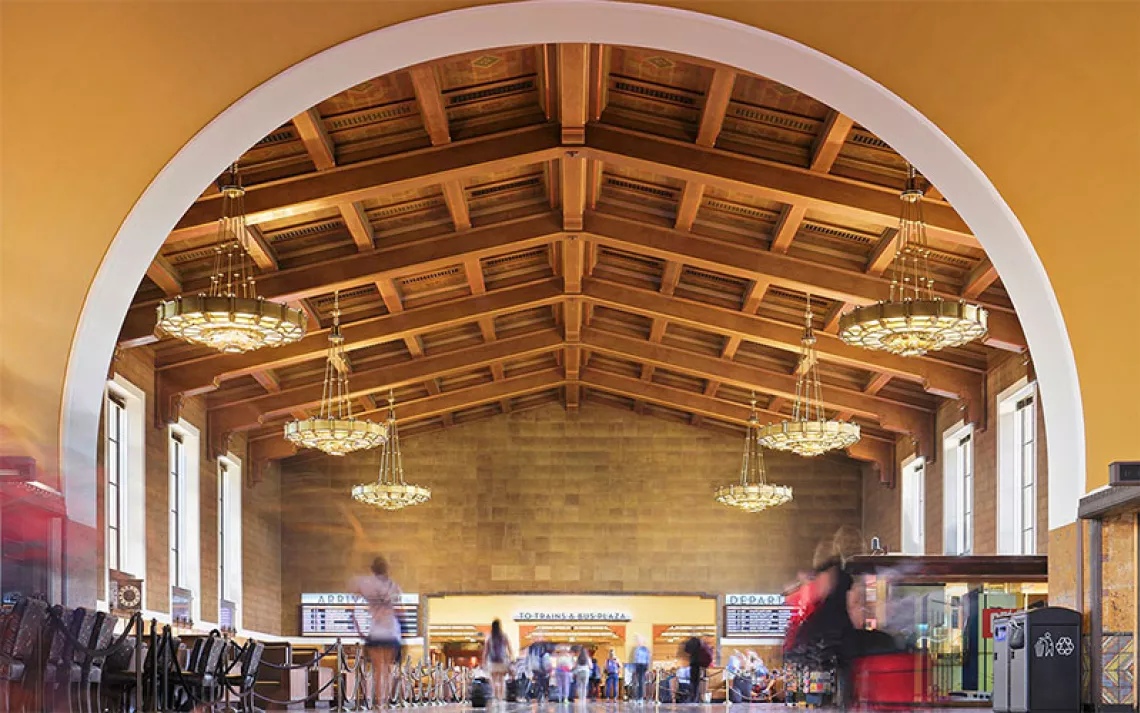McMurdo Dry Valleys, Antarctica

The aridity of the Dry Valleys is partially caused by cold katabatic winds, which fly off the polar plateau and rake moisture from the air and ground. | Photo by George Steinmetz
As the sun swooned low in the sky, I wandered off from the other scientists, a two-way radio stashed in my pocket. It was summer in Antarctica's McMurdo Dry Valleys—an oasis of dirt on the otherwise icebound continent—but with temperatures hitting minus 20°F, I still wore cold-weather gear bulky enough for an astronaut. Glaciers spilled like frozen milk over the mountains around me, and turquoise lakes gleamed, perpetually lidded with ice. When the winds picked up, gaining speed as they flowed down the ice sheet, I was grateful for every extra layer.
"A desert is a place without expectation." -- Nadine Gordimer
Frozen, parched, and almost cosmically remote, the McMurdo Dry Valleys are the place on Earth that most resembles Mars, and I'd come to study their extraterrestrial qualities. This desert sees just a few centimeters more precipitation than the Sahara, fewer tourists than the summit of Everest, and roughly six months of total darkness. People first set foot in the region about a century ago, when Robert Falcon Scott dismissed it as "the valley of the dead." But this place is alive if you know where to look.
Where there's water in the Dry Valleys, there's usually life, and scientists suspect the same might hold true for Mars. I saw briny puddles clotted with algae and meltwater streams full of microbial mats. I grabbed one of the sandstones that pebbled the ground and easily broke it apart, revealing a thin, emerald seam at its core—the signature mark of cryptoendolithic organisms, mostly cyanobacteria and lichens, which find refuge from extreme aridity in the damp, sunlit pores of certain rocks.
The wind paused and some warmth crept into the air, and I took off my gloves and traced the vein of life in the stone, a line barely thicker than my fingernail. It reminded me of our home planet as seen from space, its biodiversity diminished to a veneer of green and blue on a spinning rock. And I stood out there, holding the luck of being alive in my hands, until the radio crackled on and summoned me back to Earth.
 The Magazine of The Sierra Club
The Magazine of The Sierra Club







